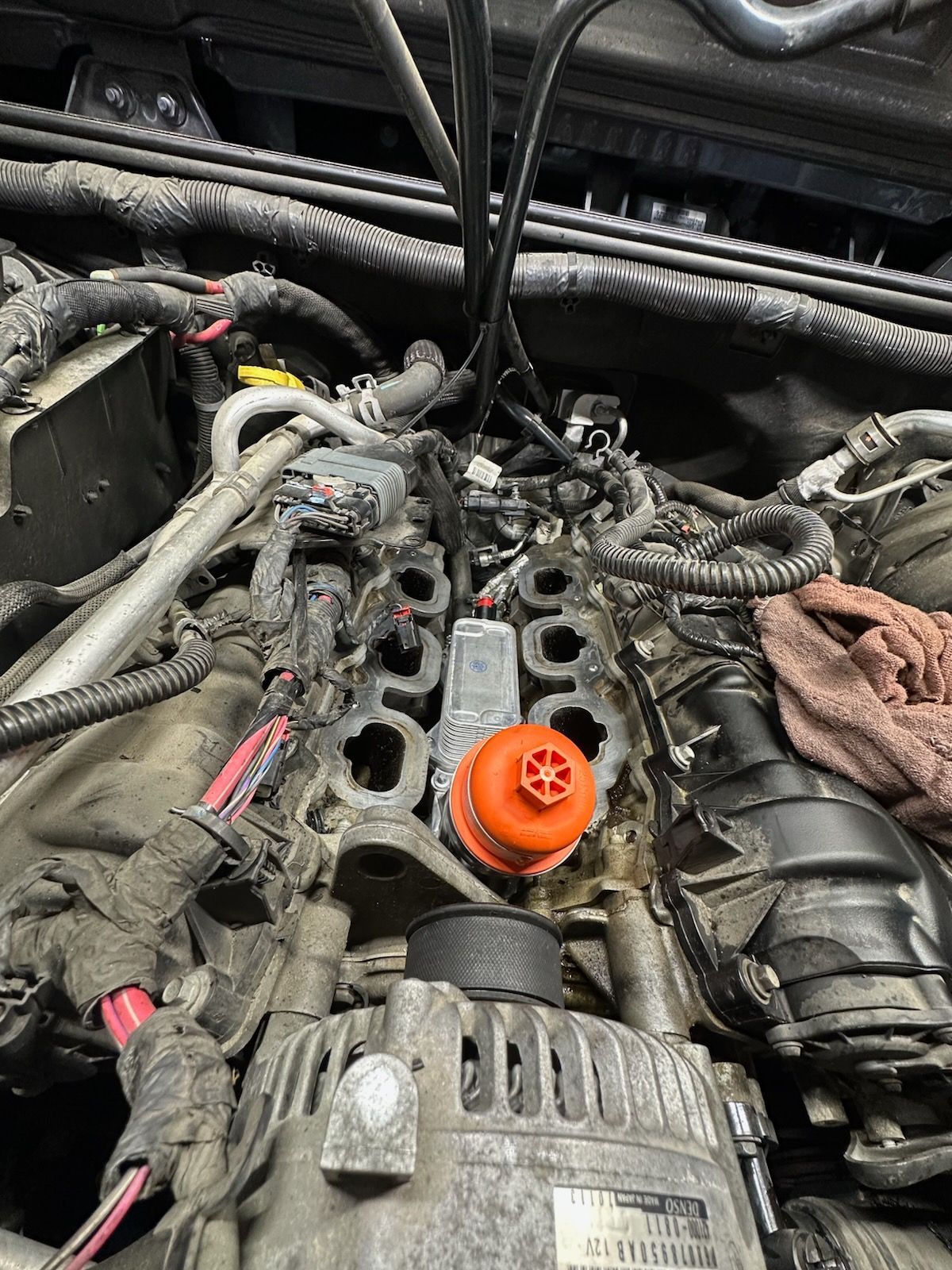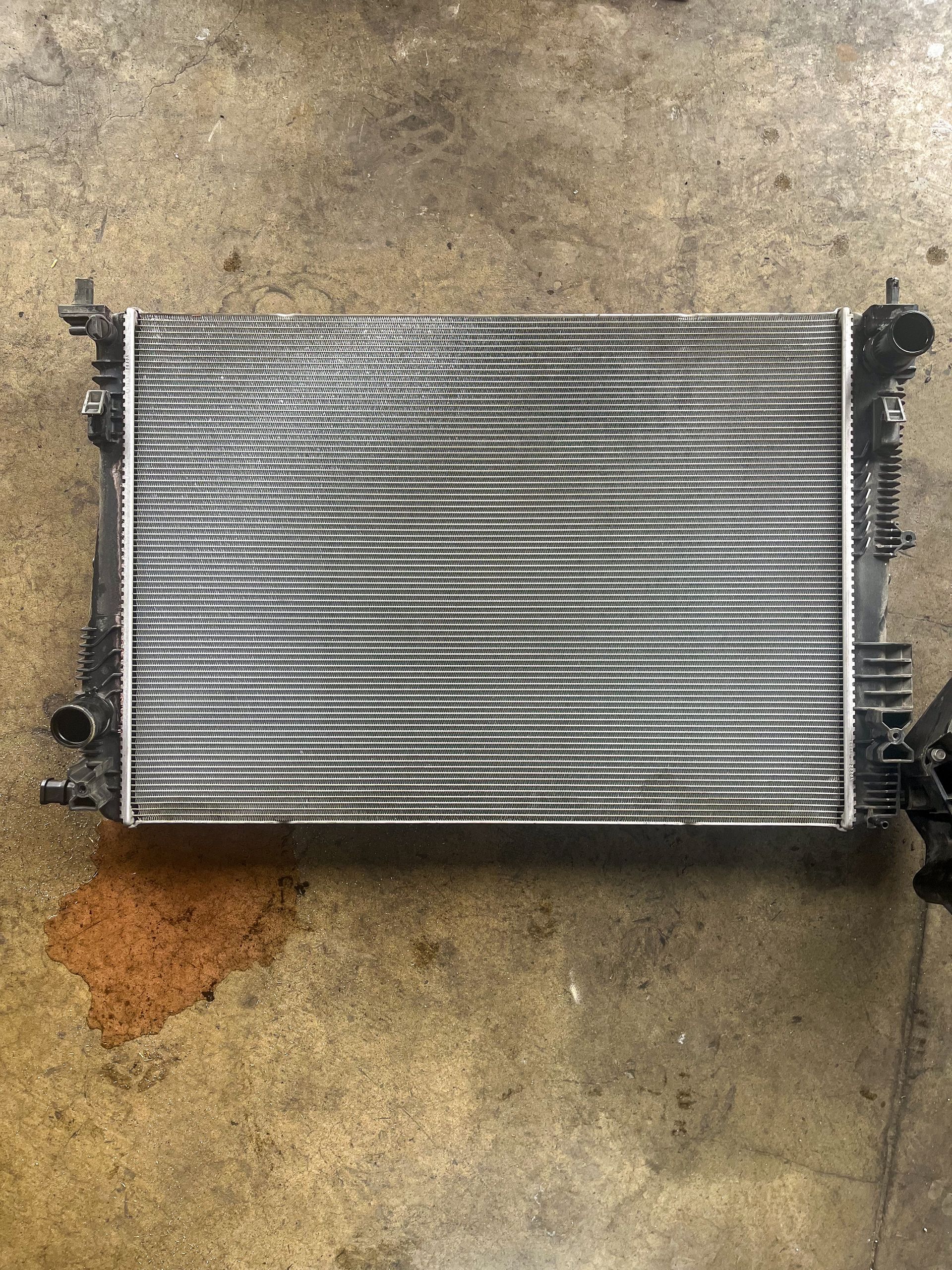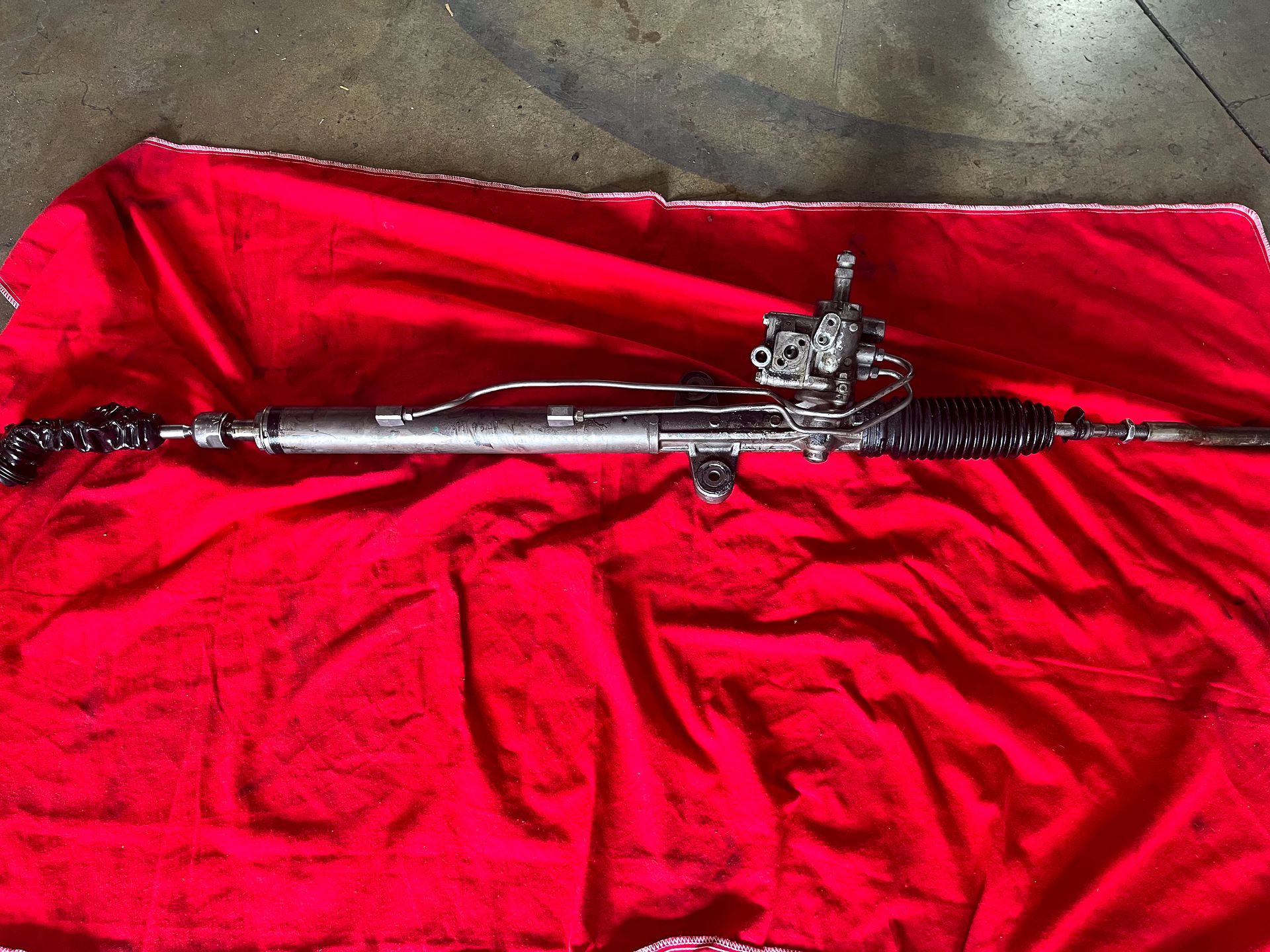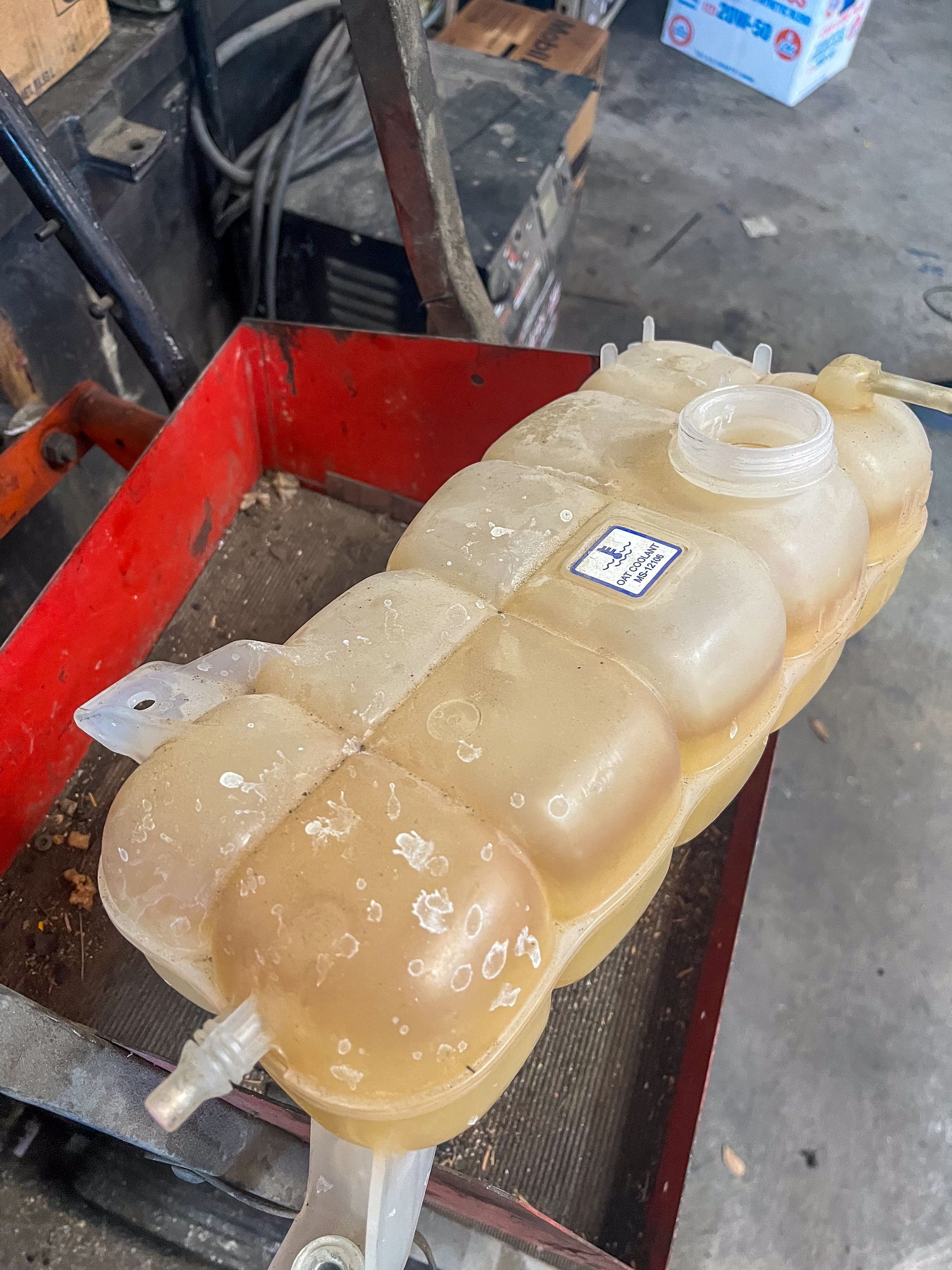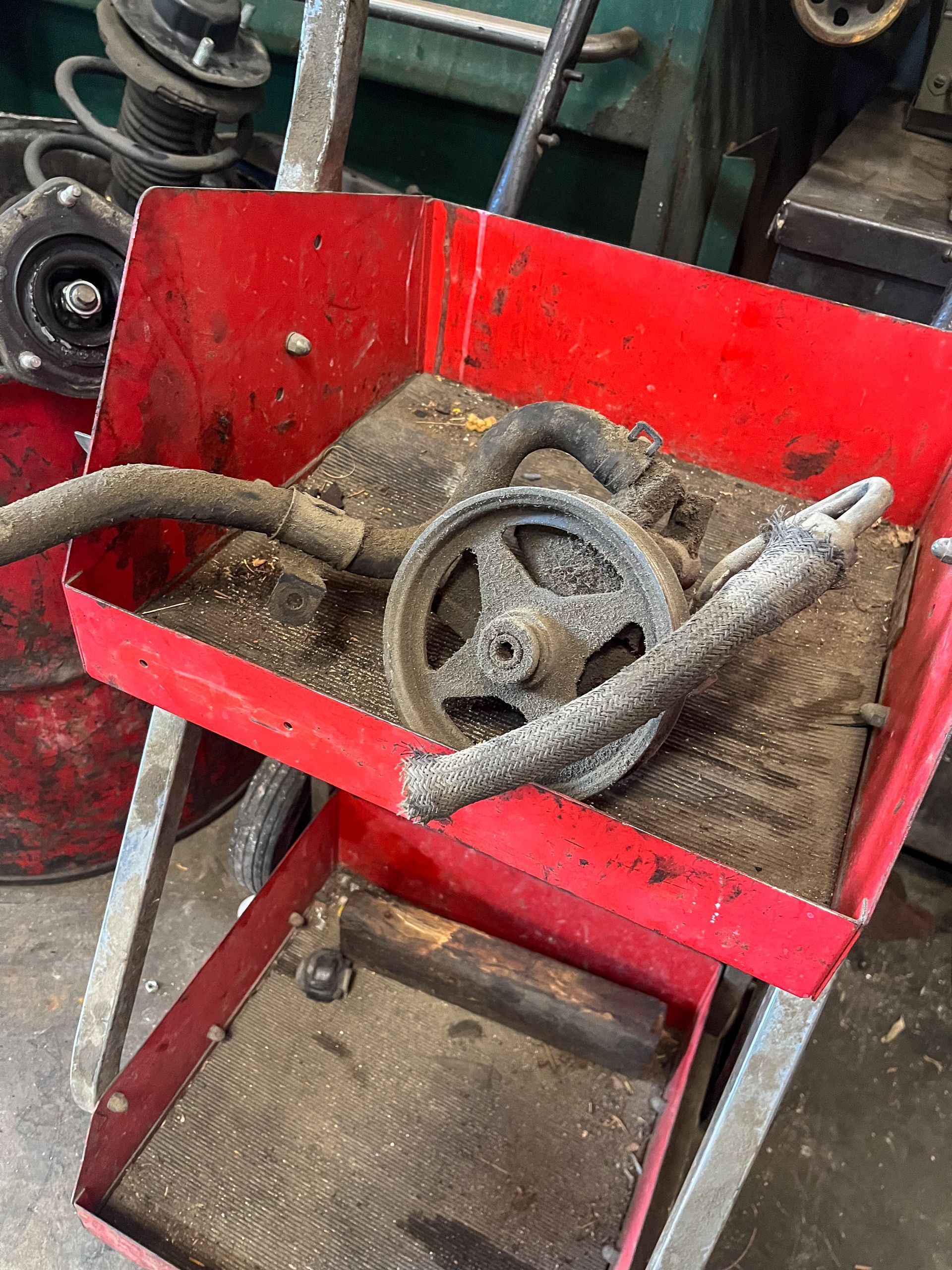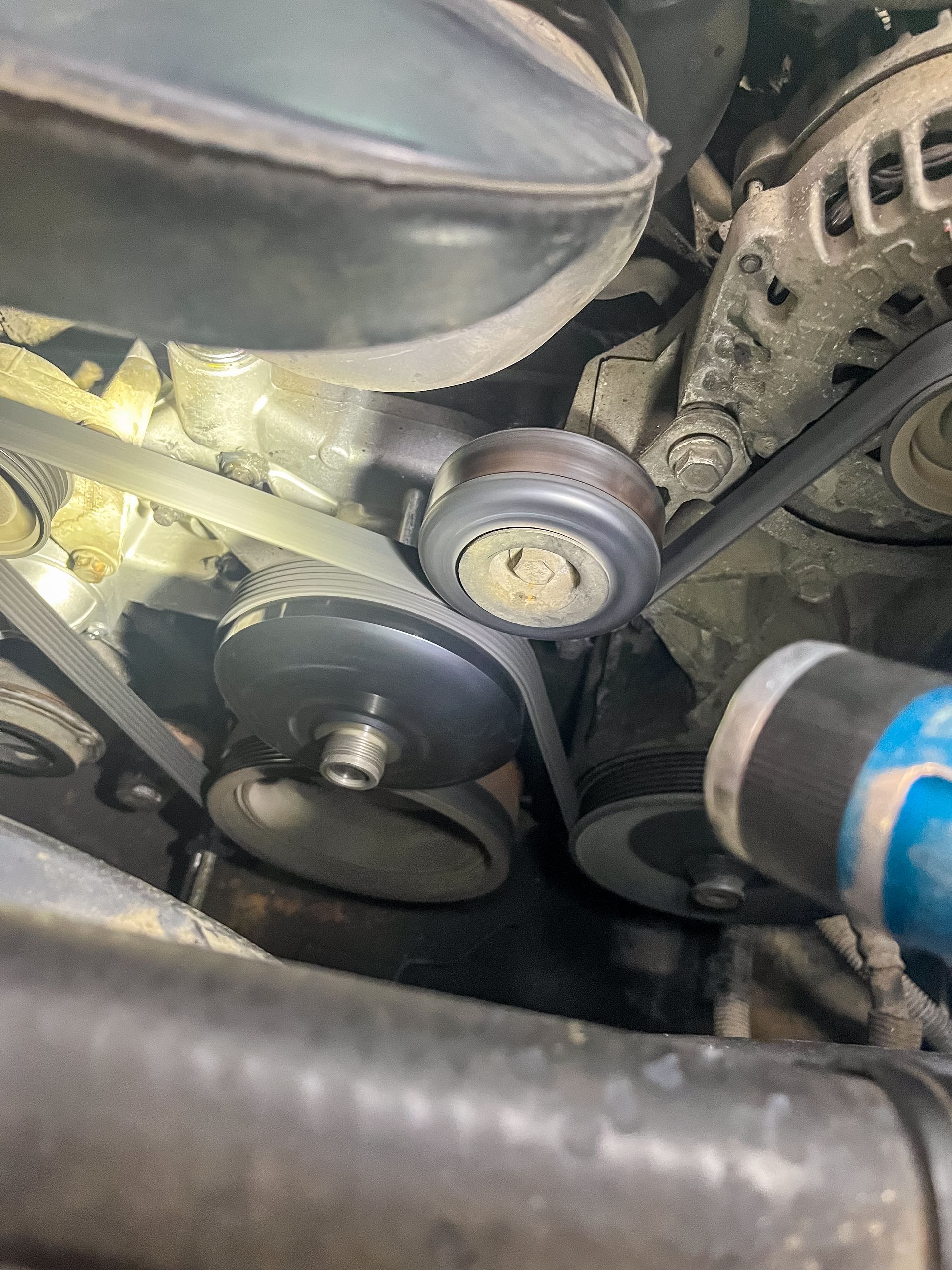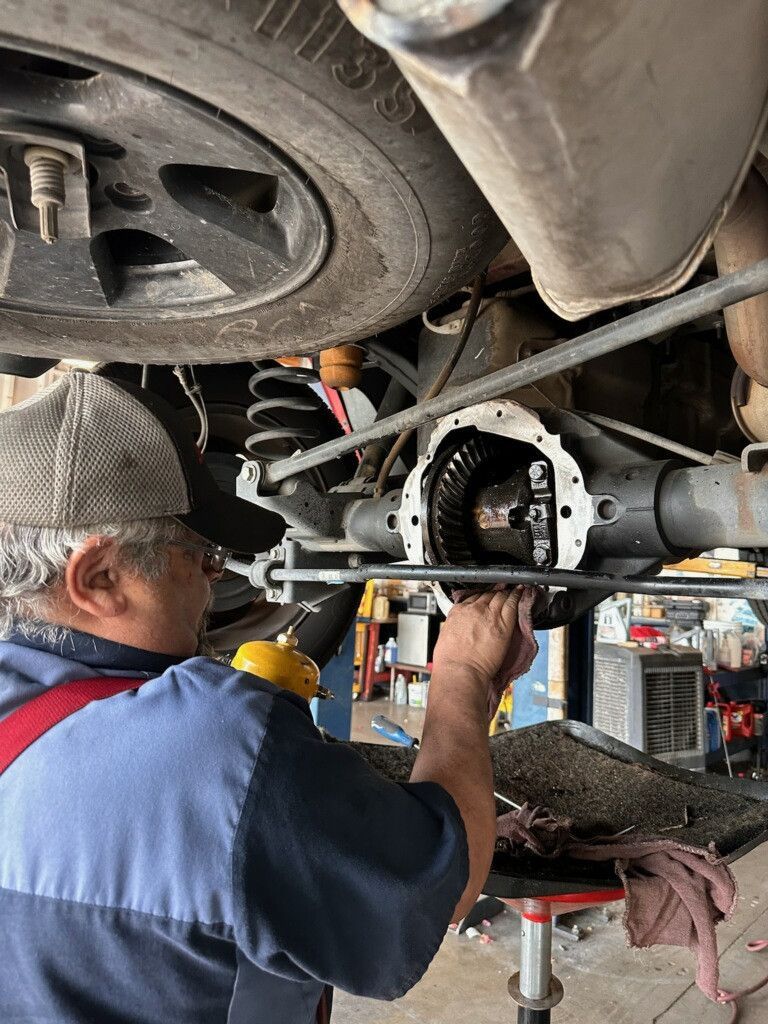How Often Should You Rotate Tires
Tires are the only part of your vehicle that directly touches the road, so keeping them in great shape is essential for your safety and performance. Regular tire rotations help ensure even tread wear, smoother rides, and better fuel economy. At Jim Brangham Auto Repair in Cathedral City, CA, we often hear the question: “How often should I rotate my tires?” The answer depends on several factors, but one thing is certain, consistent tire maintenance pays off in the long run.
Common Signs That It’s Time to Rotate Your Tires
Use this quick checklist to see if your tires are due for a rotation:
- Uneven tread wear between front and rear tires
- Slight pulling to one side while driving
- Vibrations through the steering wheel at higher speeds
- Increased road noise or humming sounds
- It’s been over 5,000–7,500 miles since your last rotation
Mile Intervals For Tire Rotations
Most manufacturers recommend rotating your tires every 5,000 to 7,500 miles, or roughly every other oil change. However, this interval can vary depending on your driving habits, vehicle type, and tire condition. For example, all-wheel-drive vehicles often require more frequent rotations, around every 5,000 miles, to maintain consistent traction on all four wheels.
If you frequently drive in hot desert conditions like those here in Cathedral City, your tires may wear faster due to increased road heat and higher friction. In that case, it’s best to schedule rotations more often. Checking your owner’s manual or consulting our certified technicians is the best way to determine your vehicle’s ideal rotation schedule.
What is Tire Rotation?
Tire rotation involves moving your tires from one position on your vehicle to another, typically front to back or side to side. The goal is to promote even wear on all four tires. Front tires tend to wear faster because they handle the majority of steering and braking forces. Without regular rotation, this uneven wear can shorten the lifespan of your tires and negatively impact handling, safety, and fuel efficiency.
Why is Regular Tire Rotation Important?
Rotating your tires regularly keeps wear patterns even, improving performance and maximizing the life of your investment. Here are a few reasons why it’s crucial:
- Improved Safety: Even tread wear maintains proper grip and braking performance.
- Extended Tire Life: Prevents early tire replacement, saving money over time.
- Better Fuel Efficiency: Balanced tires reduce rolling resistance, allowing your car to use less fuel.
- Smoother Ride Quality: Keeps your drive comfortable and stable at all speeds.
At Jim Brangham Auto Repair, our team includes tire inspections with every rotation service to check for wear patterns, alignment issues, or potential damage before they become costly problems.
What Happens If You Don’t Rotate Your Tires?
Ignoring tire rotation can lead to:
- Uneven tread wear, leading to early tire replacement
- Poor handling and traction in wet or slick conditions
- Increased risk of blowouts due to weak spots in the tread
- Lower fuel efficiency and rougher ride quality
Skipping this simple maintenance task can ultimately cost more in tire replacements and fuel expenses. Routine tire rotation is one of the easiest ways to protect your investment and ensure your vehicle’s reliability.
Knowing how often to rotate tires is key to maintaining your vehicle’s performance, safety, and efficiency. By staying proactive, you’ll enjoy a smoother ride, save money, and reduce the risk of uneven wear or tire failure.
If it’s been more than 5,000 miles since your last rotation, or if you’re unsure, schedule an appointment with Jim Brangham Auto Repair in Cathedral City, CA. Our ASE-certified technicians will inspect, rotate, and balance your tires with precision and care, helping you get the most out of every mile.
